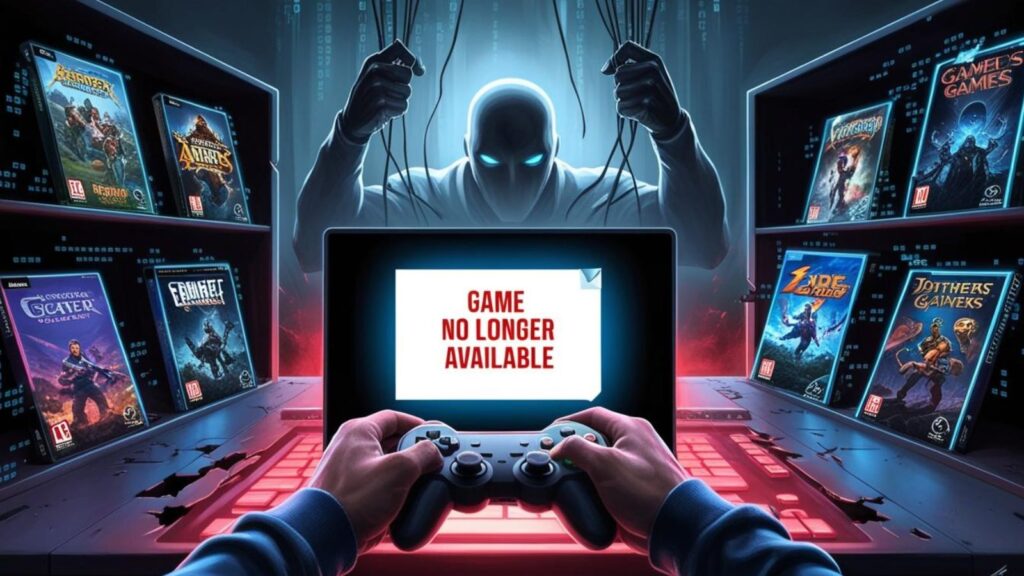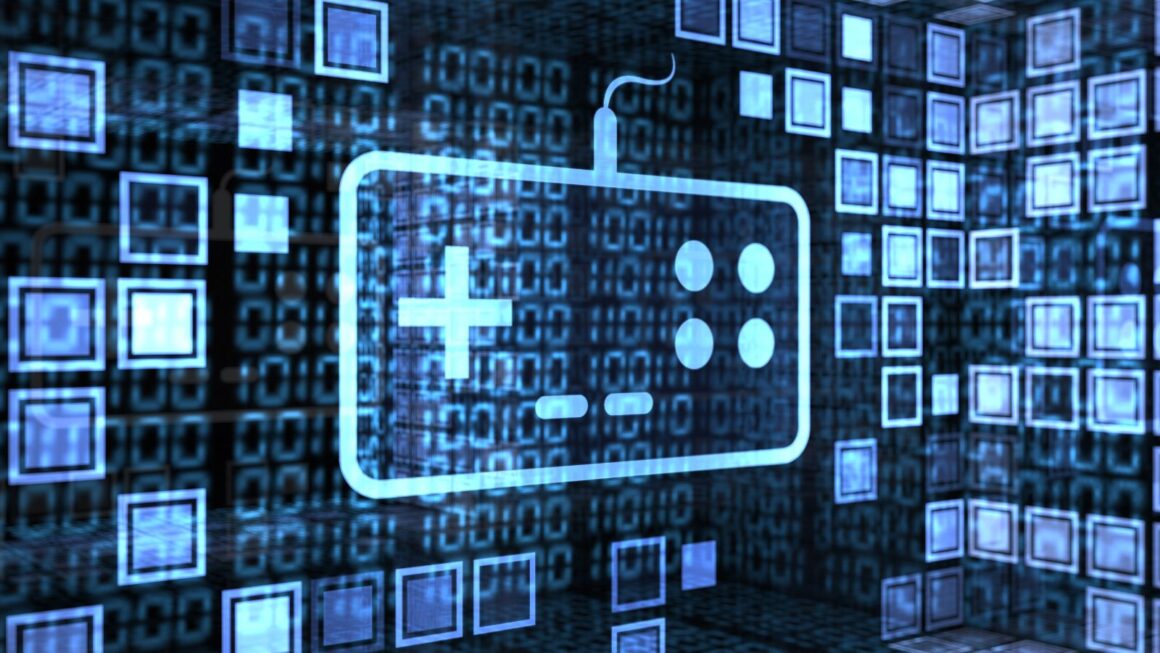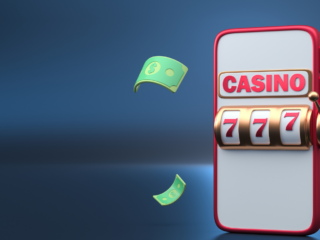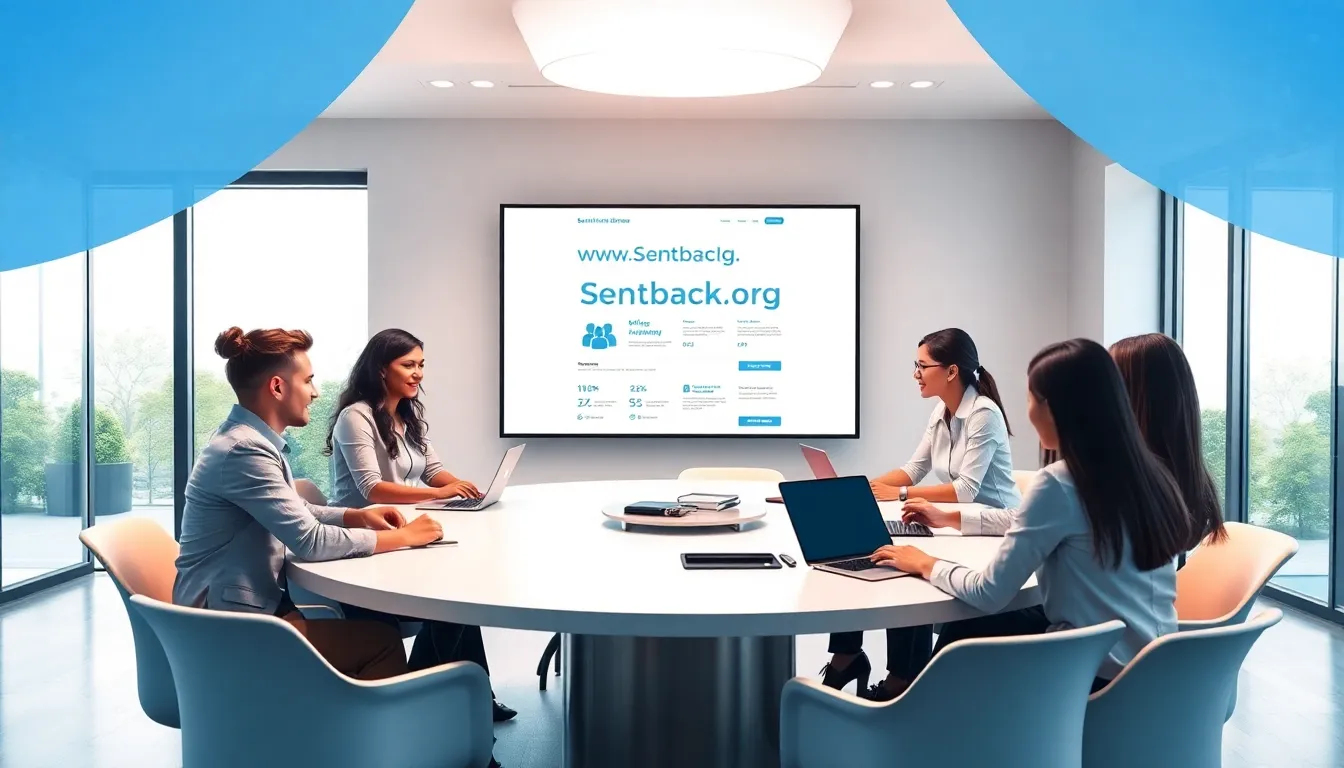
You buy a game. You download it. You play it. But do you own it? That question is at the center of one of the most significant debates in gaming today. Digital games are everywhere, yet more players are starting to notice a problem: they don’t always get to keep what they pay for. Take a quick look at how betting odds work so they actually make sense.
Buying Isn’t Owning
When you buy a digital game, you’re usually just buying permission to play it. The company still owns it. They can take it down, block your access, or shut it off, and it’s still legal. The fine print in those Terms of Service (which most people skip) says it all.
Game Gone? Too Bad
Here’s a scary truth: some games just disappear. They get “delisted” from stores like Steam or PlayStation. Sometimes it’s due to music licensing. Sometimes, it’s legal drama. And sometimes, studios simply go out of business. The result? A game you bought last year may not be there today, especially if you haven’t downloaded it yet.
The Case of Scott Pilgrim
Remember Scott Pilgrim vs. The World: The Game? It suddenly disappeared from online stores in 2014. Fans couldn’t buy it. Those who deleted it couldn’t redownload it. It became a ghost. Only after years of fan pressure did it return in 2021. But that long wait shows just how little control players had over their purchase.
Platforms Pull the Strings
Gamers rely on digital platforms like Steam, Xbox, or Nintendo. These companies control the keys to the games. If one decides to remove a title—or shut down a service—users have no real say. Think about the Wii U and 3DS eShops, both shut down in 2023. That wiped out hundreds of exclusive games from legal purchase.
Streaming Adds Another Layer
Game streaming is growing fast. Services like Xbox Cloud Gaming and PlayStation Plus let you stream games without downloading them. Sounds convenient. But this is even riskier for ownership. You don’t download the game at all. You just rent access. Once it’s removed, it’s gone for good.
No Refunds, No Apologies
Most platforms have strict refund rules. Even if your game is removed or stops working, you probably won’t get a refund. It’s like buying a board game and then the store comes to your house and takes the pieces away.
DRM: The Invisible Chains
Digital Rights Management (DRM) is another issue. DRM stops piracy, but it can also stop you from using your own purchase. You may need constant internet access. Or you might be locked into a specific account. If the company goes under, those checks may stop you from playing altogether. You “own” the game… until the server says no.
Physical Media Fades
Once, players could buy a disc or cartridge and play it forever. Now, many physical copies just download the game digitally anyway. Some don’t even have the full game on the disc. That means the illusion of ownership is fading even in stores. In the future, discs may become nothing more than souvenirs.

Lost Forever: The Preservation Problem
The loss of digital games isn’t just a consumer issue—it’s a cultural one. Games are art. When they vanish, history is erased. Archivists and libraries struggle to preserve games that require online check-ins or rely on closed systems. Imagine if old films could self-destruct. That’s the risk we face with modern games.
The Modding Community Fights Back
Gamers aren’t giving up. Modders and fan communities are preserving games themselves. They build private servers, crack DRM, and archive files. It’s often against the law, but many see it as a moral duty. Without them, titles like City of Heroes or P.T. would be lost forever.
Subscription Burnout
Game subscriptions are popular now. Xbox Game Pass, PS Plus, EA Play—they offer huge libraries for a fee. But they’re like Netflix. Titles come and go without notice. If you fall in love with a game and it leaves next month, tough luck. You either buy it again or say goodbye.
Consumer Rights Under Fire
Many experts say current laws don’t protect digital buyers. In most countries, game publishers can remove or alter products with no warning. Some governments, especially in the EU, are starting to question this. They argue that if you pay full price, you deserve permanent access. But it’s a slow legal fight.
Indie Games Hit the Hardest
Smaller studios suffer the most. They don’t have the money to renew licenses or keep servers running. When an indie game vanishes, it may never come back. The team might disband. Their website might close. And even if you still have the game downloaded, it could break over time without updates.
What Can You Do?
You have some power, but not much. Here are a few things that help:
- Download games immediately after buying
- Back up your files
- Buy DRM-free versions when possible (look for platforms like GOG)
- Support physical editions from trusted publishers
- Speak out when games vanish—public pressure matters











